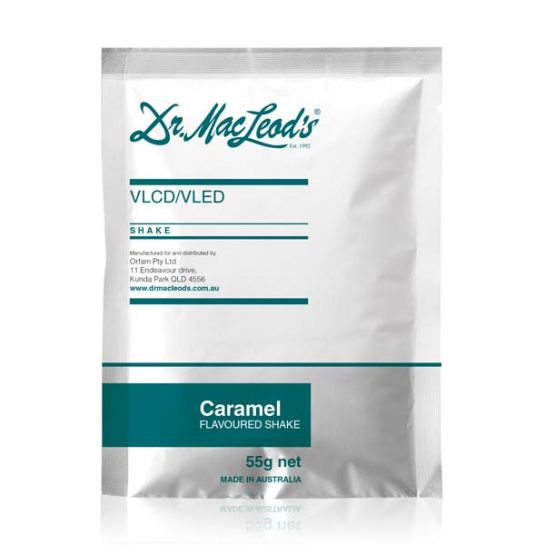What is Ketosis?
Ketosis is the metabolic process whereby the body converts fat stores into body fuel.
In normal circumstances, the body uses glucose as its main form of body fuel or energy. Our bodies source glucose from dietary carbohydrates including sugar, breads, starchy foods, pastas etc. by digesting and converting carbohydrates into glucose. Glucose is then either used as body fuel or is stored in the liver and muscles as glycogen. Glycogen can be converted back into glucose by the liver if blood glucose levels drop.
When dietary carbohydrate intake is restricted and the body is not able to source sufficient glucose for body fuel, it will use stored glycogen. Once glycogen stores are depleted the body begins to metabolise stored body fat for body fuel. Ketone bodies (ketones) are a by-product of this metabolism (fat break down) process. Ketones can be used by the body in place of glucose for body fuel.
Ketosis describes the metabolic state whereby the body converts fat stores into energy, releasing ketones in the process.
How does nutritional ketosis start?
The body will begin ketosis only after
- Dietary carbohydrate intake is restricted to approximately 60grams per day, and as a result
- Glycogen stores are depleted.
Typically these 2 steps take approximately 2-4 days at which point the body begins to metabolise stored body fat for body fuel.
Continued carbohydrate restriction is essential to maintaining ketosis, because the addition of dietary carbohydrates over 60 grams per day will provide the body with enough body fuel to revert back to using glucose as its main source of body fuel – thereby stopping the fat metabolism.
Ketogenic weight loss diets.
Because ketosis metabolises stored body fat there are 3 significant benefits to a ketogenic weight loss regime:
- Fat loss – Weight loss as a result of ketosis is fat loss. Because the body is using stored fat for body fuel. As body fat is used weight reduces.
- No hunger – Ketosis has a natural appetite suppressing effect.
- Rapid weight loss – ketogenic weight loss programs restrict both calories and carbohydrates leading to faster weight loss than calorie restriction alone.
Testing for ketosis.
Any ketones produced by the body that are excess to requirements (i.e. not used for body fuel) are excreted by the body in bodily fluids including urine, saliva and sweat. As a result a simple urinalysis test can be done with commercially available products such as Ketostix® to test for ketosis. A positive test result indicates the presence of ketones in urine which means the body is metabolising fat stores.
Additionally, as a result of ketone excretion through saliva and breath a person may have a metallic taste and bad breath while in ketosis, which can be easily addressed with sugar free breath mints and increased fluid intake.
Is Ketosis Harmful?
NO! Ketosis is a natural body process that is simply your body’s mechanism for using stored fat for fuel. Being in ketosis by restricting dietary carbohydrate intake is not dangerous. The human body is very efficient at using ketones as body fuel.


